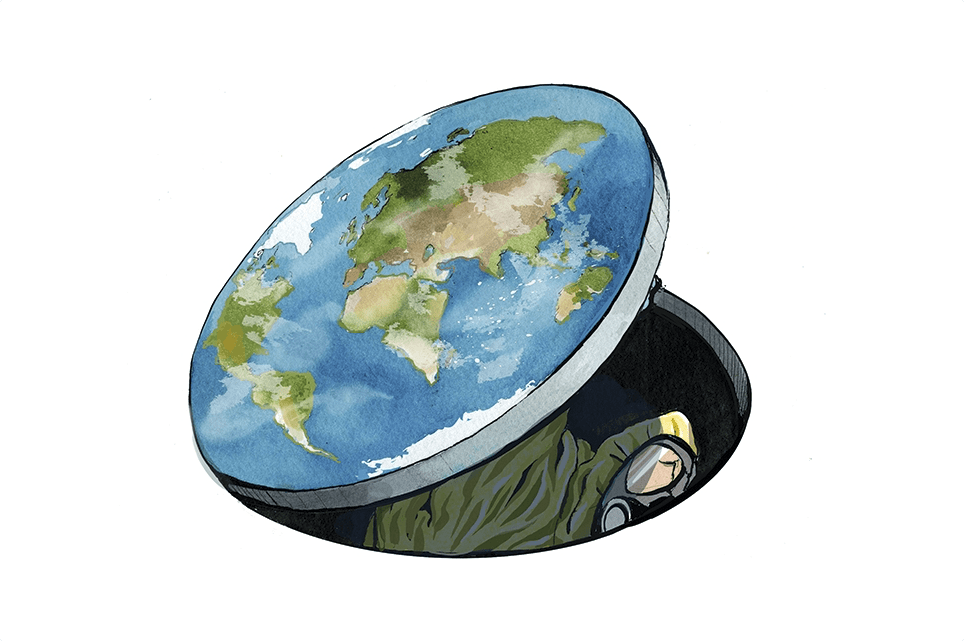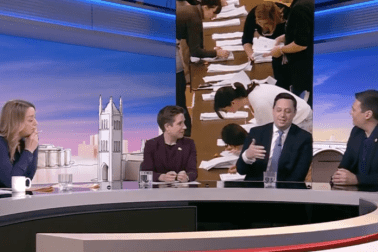Boris Johnson delayed 21 June, he said, because the data did not merit a full reopening. The specific data government is tracking to make these decisions remains unknown, so we are left to guess. But it’s hard to imagine the decision was disconnected from the rising Covid infection rate across the UK, due to the Indian variant’s increased transmissibility. The UK has gone from having some of the lowest Covid rates in Europe to now having the highest in just a matter of weeks.
But is the story that simple? Data from areas hit hardest and fastest by the Indian variant suggest some reasons to be optimistic. In Bolton, the seven-day average for Covid cases leveled off (and started falling) weeks before the government settled on a 21 June delay. The numbers of patients in hospital, too, peaked at a third of the level of the most recent wave. Hospitalisations have since stabilised.
But it’s not the only area that has seen cases level off.

Britain’s best politics newsletters
You get two free articles each week when you sign up to The Spectator’s emails.
Already a subscriber? Log in








Comments
Join the debate for just £1 a month
Be part of the conversation with other Spectator readers by getting your first three months for £3.
UNLOCK ACCESS Just £1 a monthAlready a subscriber? Log in